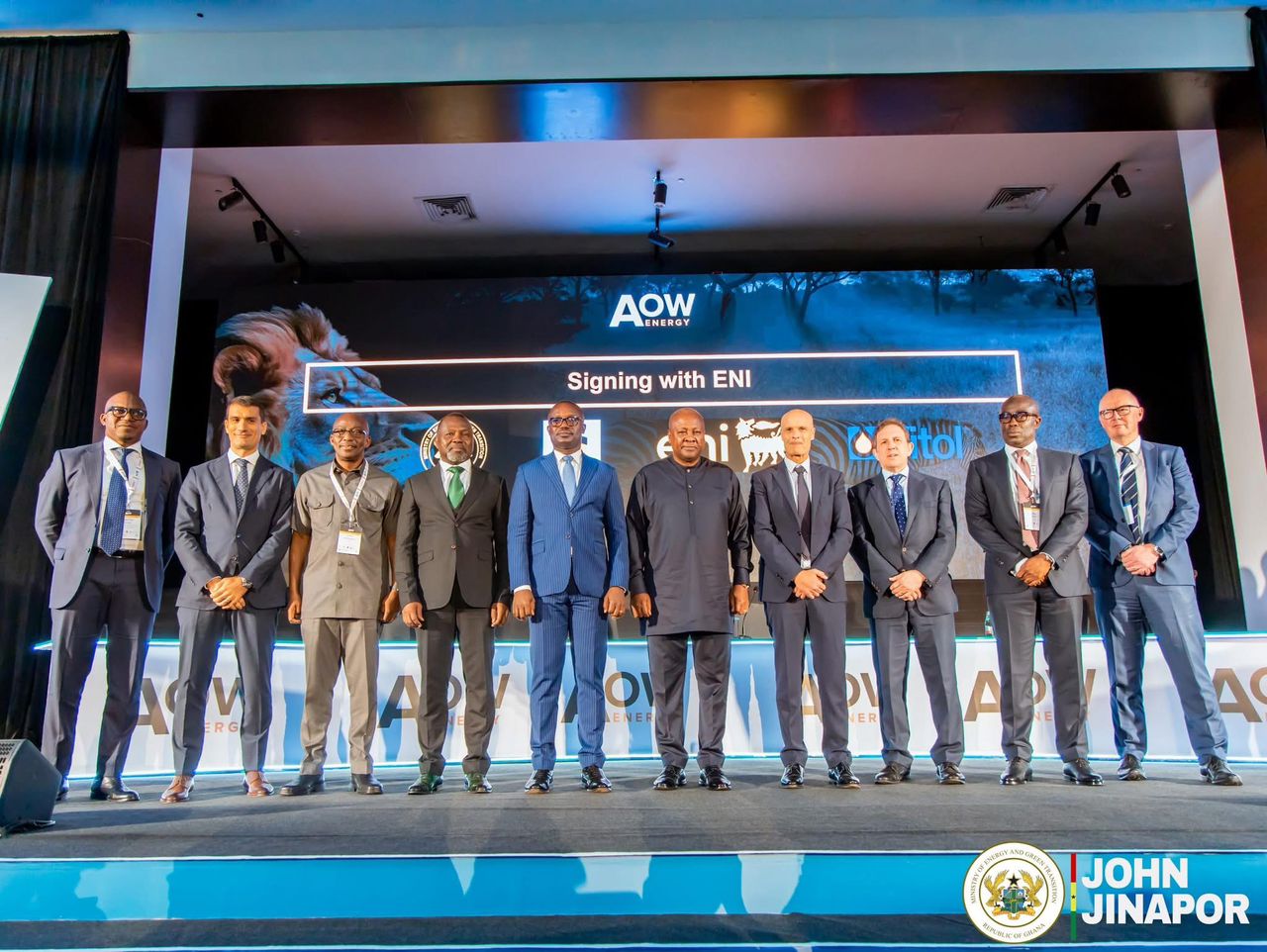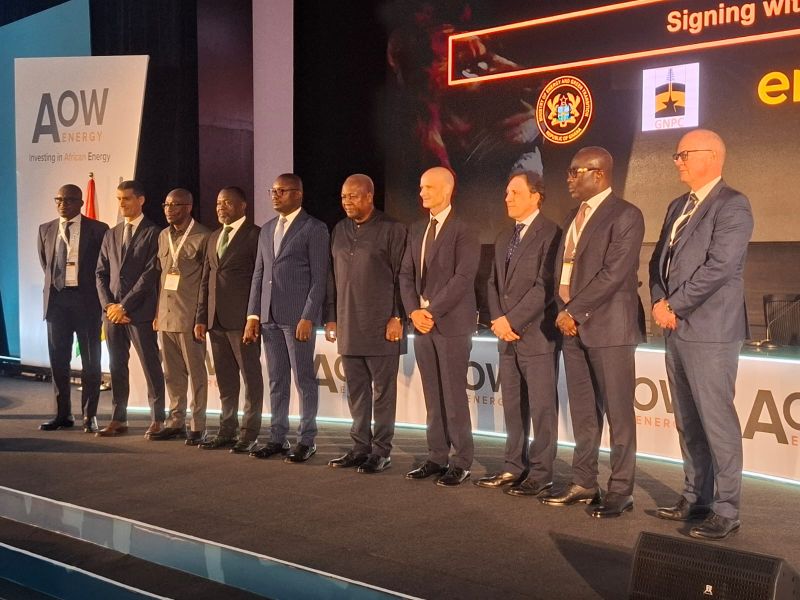The AOW:Energy 2025 Conference in Accra, Ghana, has emerged as a defining moment for Africa’s upstream sector.
AOW:Energy 2025 in Ghana Marks Turning Point for Africa’s Upstream Future
The AOW:Energy 2025 Conference in Accra, Ghana, has emerged as a defining moment for Africa’s upstream sector, bringing together over 1,200 delegates including ministers, investors, and energy executives. From calls for African unity to landmark investment deals, the gathering showcased Africa’s ambition to take control of its natural resource future.
President Mahama: Unity as a Catalyst for Growth
Opening the conference, President John Dramani Mahama urged African nations to “speak with one voice” on energy policy and development. He underscored the importance of partnerships to accelerate exploration, enhance security of supply, and expand intra-African trade. Mahama also praised GNPC’s 40-year journey, calling the corporation a “pillar of national pride” in Ghana’s socio-economic development.
Minister Jinapor: A Platform Belonging to Africa
Ghana’s Minister of Energy and Green Transition, John Jinapor, highlighted that AOW has positioned Ghana as a continental hub for energy dialogue and investment. He stressed that the conference is “more than an event—it is a platform where deals are done and Africa’s industry is celebrated.” His remarks reinforced Ghana’s ambition to play a central role in shaping Africa’s energy agenda.
Celebrating Partnerships and Investment
The opening night, hosted in partnership with ExxonMobil and GNPC, reaffirmed the strong collaboration between governments, NOCs, and international companies. ExxonMobil emphasized its continued commitment to African exploration and production growth, while the audience celebrated GNPC’s four decades of service to Ghana.
One of the most significant milestones came with the announcement of a $1.5 billion deal signed between the Government of Ghana, ENI, and Vitol, underscoring the investment appetite for Africa’s upstream potential.
What Does This Mean for Africa’s Energy Future?
AOW:Energy 2025 demonstrated Africa’s growing confidence in shaping its own upstream agenda. With record participation, landmark deals, and strong political support, the event confirmed that Africa is no longer a passive participant in the global energy transition. Instead, it is building its own platforms, securing investment on its own terms, and aligning regional strategies.
Conclusion
The message from Accra is clear: Africa’s energy future will be defined by unity, partnerships, and bold investment. AOW:Energy 2025 has set the tone for collaboration that not only drives upstream growth but also reinforces Africa’s role as a strategic voice in global energy.



.png)

